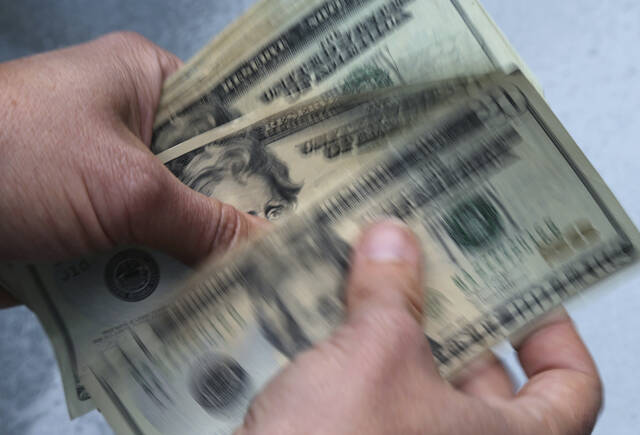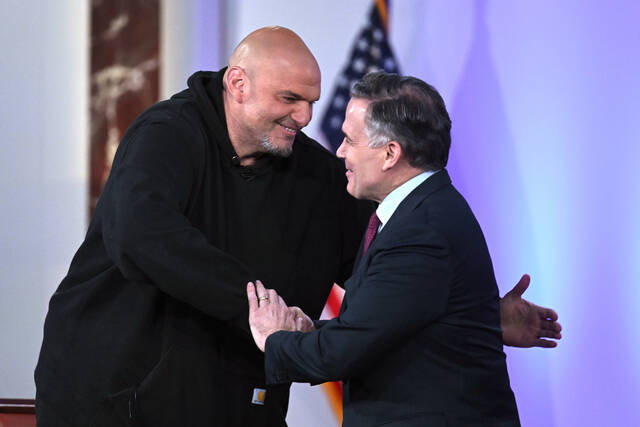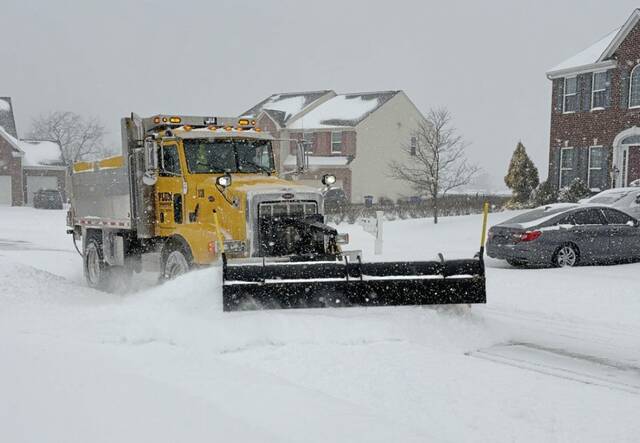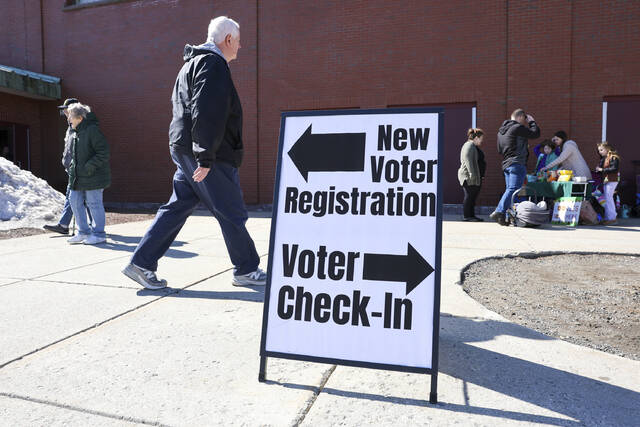A graduated income tax — one that collects a higher percentage of earnings from the wealthy than from those who bring home smaller paychecks — is more fair than a flat tax for an obvious reason.
People with lower incomes, those most likely to be living paycheck to paycheck, spend a higher proportion of their revenues on necessities, chiefly food and housing, than their wealthier counterparts.
To put that another way, a flat 17% federal income tax — which publisher and heir Stephen Forbes proposed in his unsuccessful 2000 presidential run — would hit someone making $15 an hour a lot harder than it does someone like Forbes, who has an estimated net worth of $430 million as of 2023.
The federal government has a graduated income tax. With this year’s tax deadline looming in less than a month, a married couple with taxable revenue up to $22,000 would pay 10% of it in taxes.
The tax brackets range up to 37% for every dollar earned above $693,751 for a married couple in the 2023 tax year.
That doesn’t mean this theoretical couple would pay 37% of their total income, just 37% of the dollars earned in that top bracket. Each dollar earned in each tax bracket is taxed at the rate in that bracket.
Pennsylvania, conversely, has an income tax of 3.07%, flat as a drive through Kansas. Current court interpretation of the state constitution prohibits a graduated income tax.
Consequently, billionaire Jeffrey Yass, the state’s wealthiest man, has plenty of money left over after paying state taxes.
The state House of Representatives has proposed a possible remedy for the state’s regressive income tax.
Under House Bill 1773, Pennsylvania would cut wage and interest taxes, and increase the levy on so-called passive income — gambling winnings, dividends, rent, copyrights, and estate and trust income — by almost 100%, from 6.5% to 12%.
The measure would shift some of the state’s tax burden from people who earn money to people whose money earns money.
Not everyone is on board.
In an article published March 4 in The Herald, the Center Square nonprofit news outlet reported opposition from the Pennsylvania Chamber of Business and Industry. The group said that even discussing increasing the tax rate on passive income “sends a chilling message to anyone looking to grow or start a business here.”
That’s a valid objection. Throughout the nation, states are concerned about attracting businesses from other states and holding onto the entrepreneurs who are already here. The most common means to that end is by decreasing taxes in a race to the bottom.
Ideally, Harrisburg would adopt a constitutional amendment that would allow Pennsylvania to adopt a graduated income tax so that those who have more would pay more, although that measure couldn’t come before voters until 2026 at the earliest.
In the meantime, Pennsylvania’s overburdened working class taxpayers have their own valid objections.
The Center Square reported a finding by the Pennsylvania Budget Policy Center that the bottom 60% of Pennsylvania’s wage earners pay twice as much of their income of their taxes as the wealthiest 40%.
Pennsylvania’s per-capita tax burden — which includes income, property and sales taxes — is greater than the figure for Ohio and West Virginia, according to the Center Square report.
A flat tax rate makes those outcomes all but inevitable.








